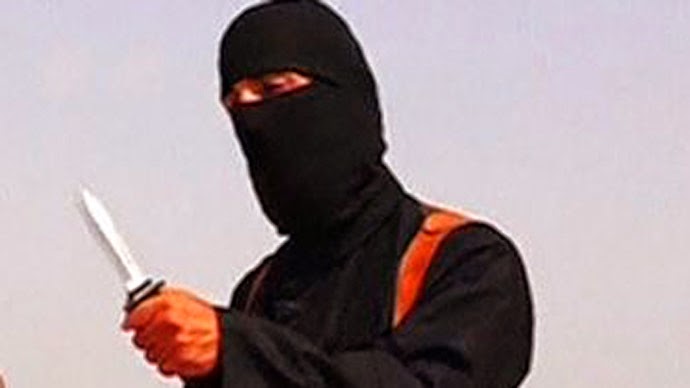The names, addresses and other personal details of about a hundred American military personnel were posted online by a previously unknown arm of ISIS identifying itself as the “Islamic State Hacking Division” along with a chilling message urging “lone wolf’ sympathizers in America to take violent actions against the military personnel in the hit list.
“We have decided to leak 100 addresses so that our brothers residing in America can deal with you,” the group warned.
Addressing ISIS sympathizers residing in the United States, the group urged them to take action.
“And now we have made it easy for you by giving you addresses, all you need to do is take the final step, so what are you waiting for? Kill them in their own lands, behead them in their own homes, stab them to death as they walk their streets thinking that they are safe.”
The “cyber militants” claimed they hacked U.S. military servers, databases and email accounts to get the information. The ISIS hackers said the military personnel in the list participated in the US-led coalition airstrikes against the Islamic State in Iraq and Syria.
An official from the U.S. Defense Department, however, said that it did not look like that the information were hacked from U.S. government servers saying most of the information could be found in public records, social media and residential address search sites.
A Defense Department spokesperson said he can’t confirm the authenticity of the militants’ online threat, but they are looking into it saying, “the safety of our service members is always a concern.”
The U.S. government is taking appropriate steps to make sure the miitary personnel included in the “kill list” and their families are notified of the threat.
Source: Kicker Daily
 |
| A previously unknown ISIS arm identified itself as “Islamic State Hacking Division.” Photo Credit: IJ Review |
“We have decided to leak 100 addresses so that our brothers residing in America can deal with you,” the group warned.
Addressing ISIS sympathizers residing in the United States, the group urged them to take action.
“And now we have made it easy for you by giving you addresses, all you need to do is take the final step, so what are you waiting for? Kill them in their own lands, behead them in their own homes, stab them to death as they walk their streets thinking that they are safe.”
An official from the U.S. Defense Department, however, said that it did not look like that the information were hacked from U.S. government servers saying most of the information could be found in public records, social media and residential address search sites.
A Defense Department spokesperson said he can’t confirm the authenticity of the militants’ online threat, but they are looking into it saying, “the safety of our service members is always a concern.”
The U.S. government is taking appropriate steps to make sure the miitary personnel included in the “kill list” and their families are notified of the threat.
Source: Kicker Daily







































